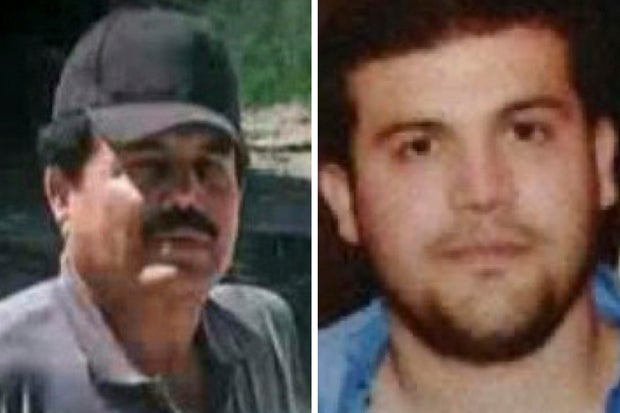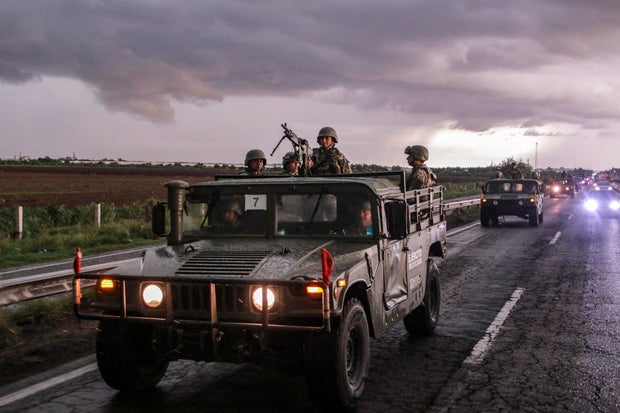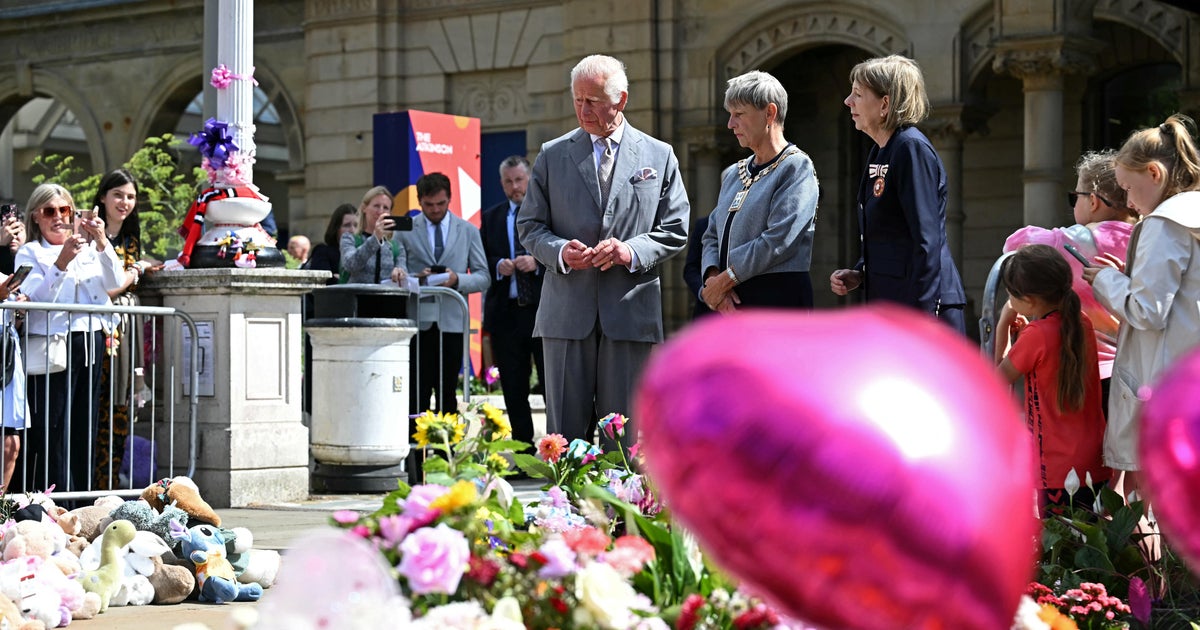At least 10 murders in Mexico appear linked to arrests of cartel leaders in U.S.
The murders of at least 10 people in the northern Mexican state of Sinaloa appear to be linked to infighting in the dominant drug smuggling cartel there, confirming fears of repercussions from the July 25 detention of two top cartel leaders.
Last month, Joaquín Guzmán López, a capo from one faction of the Sinaloa cartel - the Chapitos or "Little Chapos," the sons of imprisoned cartel leader Joaquin "El Chapo" Guzmán - turned himself in to U.S. authorities. However, he allegedly abducted the leader of the rival faction, Ismael "El Mayo" Zambada, forcing him on to the same flight to El Paso and turning him in.
Mexican authorities are caught in the middle of the coming storm: they weren't involved in the July 25 capture, but they are unwilling to use the opportunity to crack down on the Sinaloa cartel. The cartel is splintering, and what's at stake is who will take over Zambada's faction now that he is in a U.S. jail.
To paraphrase a famous Mexican corrido song, "Smuggling and Betrayal," the mixture of the two always leads to murder.
Analysts say the government doesn't want to get involved, because both sides in the Sinaloa cartel's internal dispute have damaging information on officials they could release at any time. So they have limited themselves to increasingly desperate appeals to both sides not to fight among themselves.
On Monday, Sinaloa state Gov. Rubén Rocha acknowledged that four killings on Friday and six murders on Saturday were related to the dispute between warring factions of the cartel.
"These are related to the drug cartels ... and they can be linked to the situation that arose after the detentions of July 25," said Gov. Rocha. "What I want is peace, and I have to ask for that from whomever, from the violent ones."
That echoed a statement earlier in the day from President Andrés Manuel López Obrador, who acknowledged that two more killings were linked to the dispute.
"We don't want the situation in Sinaloa to take a turn for the worse," López Obrador said. "It has been stable as far as violence is concerned. That doesn't mean there wasn't violence, but there wasn't confrontation, fighting between groups."
"Public opinion bombs"
That kind of peace - where drug cartels go about their business of smuggling, dealing and extortion, but don't cause too much violence - is something the president has praised in the past. Rooting out the cartels, he says, is a policy imposed upon Mexico in the past by the United States, and is something he does not agree with.
But Mexican security analyst David Saucedo said authorities seem loathe to intervene for another reason. Zambada, the captured drug lord, appears to be willing to use the damaging insider knowledge he has about corrupt Mexican politicians to pressure them.
Zambada has already shown he is willing to do that. In a jailhouse letter, Zambada gave a version of the killing of Hector Cuén - a political rival of Gov. Rocha who was killed the same day Zambada was kidnapped - and blamed it on the Chapitos faction.
Rocha and state prosecutors claimed Cuén was killed in a random, unrelated gas station robbery, and published security camera footage they said backed that up. But federal prosecutors later said the governor's version didn't add up and was probably a fake.
Zambada apparently has more information he can release if things get too hot in Sinaloa, and if his sons are prevented from taking over his part of the business: the names of politicians, police and military officers he has paid off.
"It seems to me that Mayo Zambada's media strategy is focused on assuring an orderly transition in the organization he commands," said Saucedo. "With these (media) hand grenades, these public opinion bombs, Zambada is trying to assure that federal authorities don't try to interfere in the leadership succession in his organization."
If that's the goal - keep things orderly in Sinaloa so drug leadership can pass from one generation to another, and politicians don't get publicly exposed for cooperating with drug cartels - then the most recent killings don't bode well for the strategy.
At least two of the men killed last week - they were tortured, shot and found with their heads wrapped in duct tape - were close associates of Zambada.
The Chapitos and their cartel associates used corkscrews, electrocution and hot chiles to torture their rivals while some of their victims were "fed dead or alive to tigers," according to an indictment released by the U.S. Justice Department.
But as usual, it's hard to decipher which killing or act of violence was committed by which cartel faction, and why.
For example, somebody started to methodically destroy the lavish family tomb of a prominent Sinaloa cartel clan a couple of days after July 25 arrests of the two capos. They used bulldozers and backhoes to break open the walls of the mausoleum and dig up the crypts.
The clan whose grandfather's and uncle's bodies lay in the tomb - both corpses were stolen - had had violent brushes with both the Chapitos and Zambada factions in the past.
In his jailhouse letter, Zambada called on the governments of the United States and Mexico to be "transparent" about his abduction, subsequent disappearances, and death.
"I also call on the people of Sinaloa to use restraint and maintain peace in our State," Zambada wrote. "Nothing can be solved by violence. We have been down that road before, and everyone loses."
If there is any clear victim to be laid to rest in the conflict, it's the idea that the Sinaloa cartel was ever a monolithic, hierarchal gang with one leader at the top. As the war of lavish tombs in Culiacán, the state capital, shows, the cartel has always been made up of a loose alliance of drug trafficking clans who try to one-up each other, even in death.
El Chapo, the Sinaloa cartel's founder, is serving a life sentence in a maximum security prison in Colorado after being convicted in 2019 on charges including drug trafficking, money laundering and weapons-related offenses.
Last year, El Chapo sent an "SOS" message to Mexico's President Andres Manuel Lopez Obrador, alleging that he has been subjected to "psychological torment" in prison.





